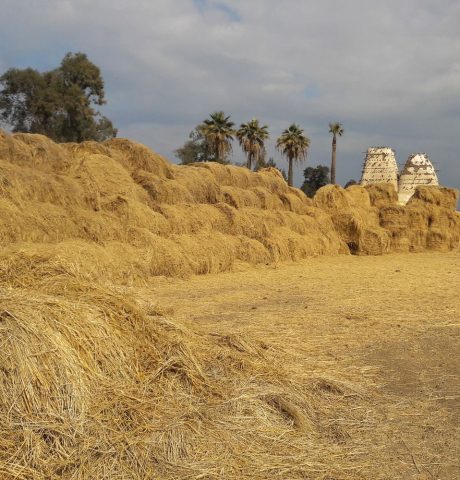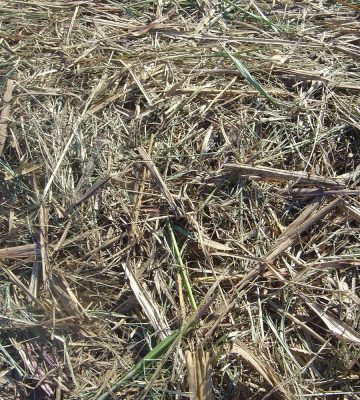

Our Services
Waste Collection
We are now in the process of collecting agricultural waste from farmers and using it as feedstock to make biogas and bio manure. After these products have been processed, farmers will be able to use them in their fields as fertilizers and plant food.
Most farmers are not aware of the toxic build-up of animal manure in their fields. But because organic materials like animal manure help plants grow, too much is not good for the soil and may pollute groundwater. The natural solution? This waste byproduct can be distributed as bio gas or bio manure, which will provide an effective, safe way to manage these wastes while also helping protect our environment.
Burning up their waste is the primary method that farmers use to get rid of their agricultural waste. The burning of farm wastes, such as corn stalks, is also bad for the soil. Plants produce a compound called chlorophyll when they grow in the presence of oxygen. Chlorophyll is what gives plants their green color. Chlorophyll contains magnesium which bonds with other minerals in the soil, forming an organic mineral salt. When farm waste is burned, the chlorophyll it produces is destroyed and the salts break down into hydrogen and nitrogen gas which will not be replenished by further rain or irrigation. Without these minerals, plants are deprived of nutrients which cause them to wither. This leaves farmers with a tough decision; either find a way to stop burning their crop waste or risk lowering yields by fertilizing less often.
By collecting the waste that would otherwise be burned up, we help keep harmful agricultural waste from contributing to environmental pollution while creating valuable resources. The resulting bio gas can be used as an alternative energy source, and the bio manure can be used as a natural fertilizer.
